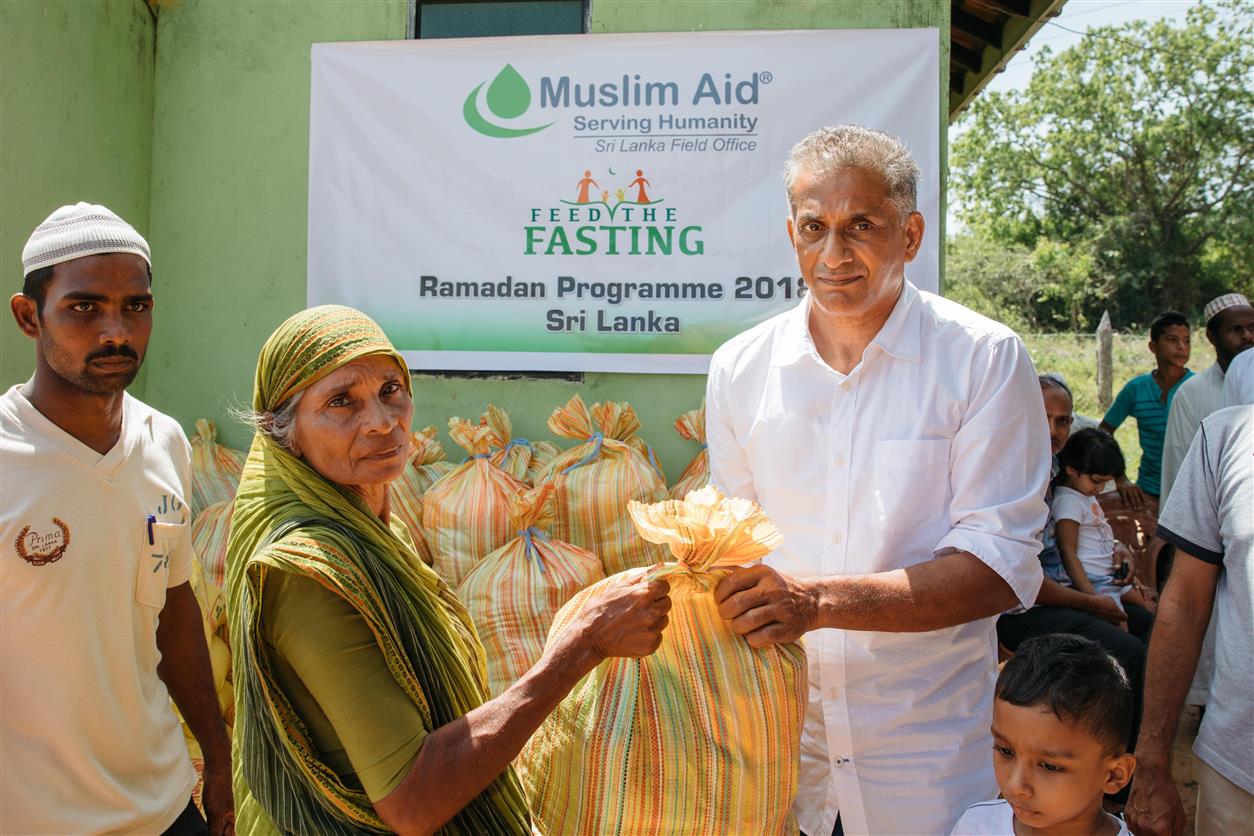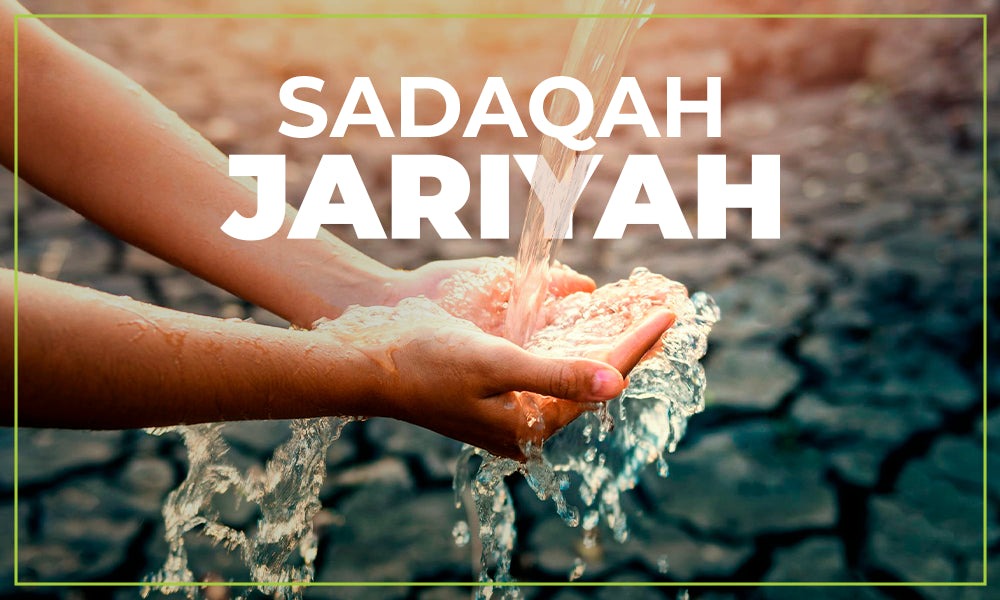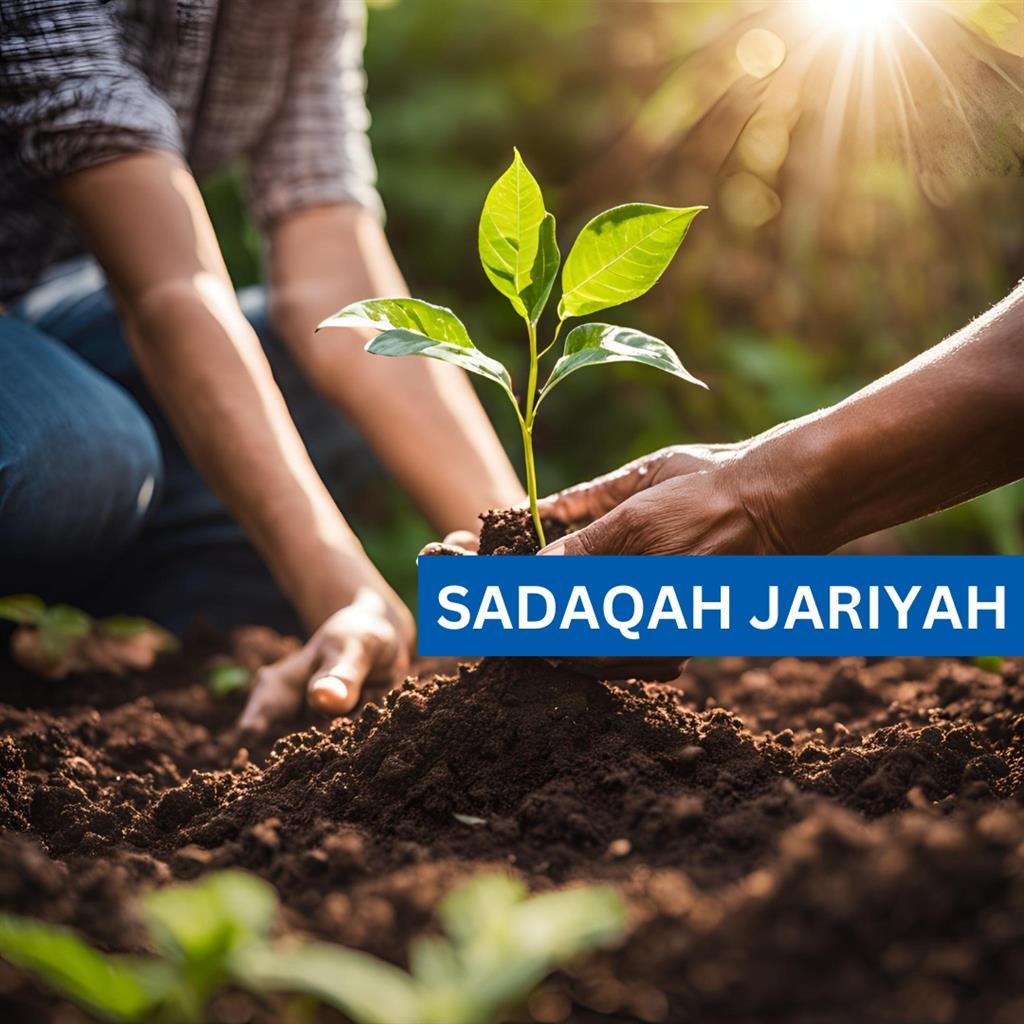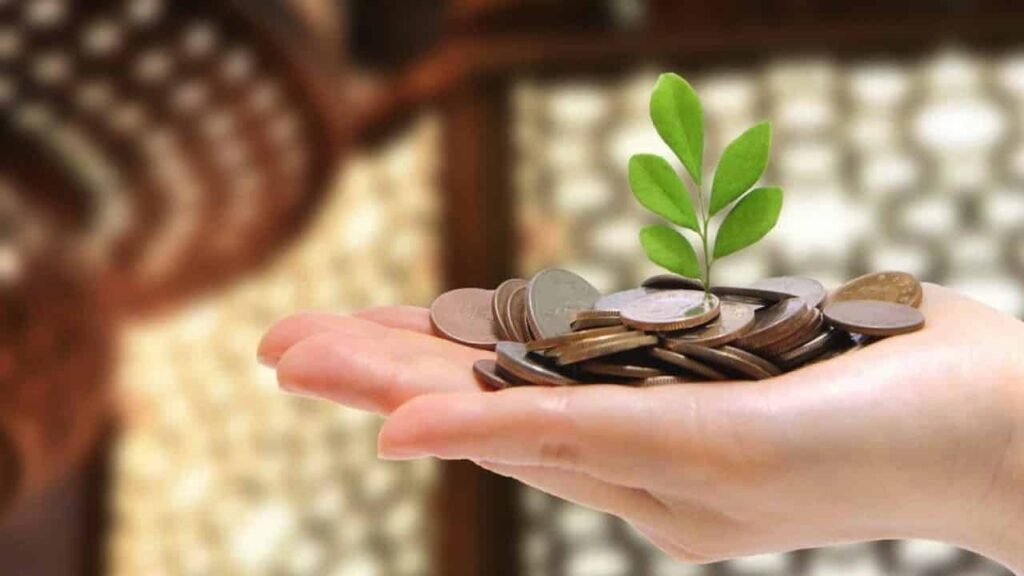When we think about charity, it’s often the image of giving food, clothing, or money to meet an immediate need. All of these are meaningful, but there is a special form of giving in Islam that stretches further, carrying on long after the act itself is complete. This is sadaqah jariyah – a continuous charity that keeps delivering blessings for years, even decades, to come.
Muslim Aid’s Sadaqah Jariyah campaign is built on this timeless principle. It is about creating change that outlives the donor, leaving behind a legacy of good that benefits communities and uplifts lives well into the future.
What Does Sadaqah Jariyah Mean?
The term literally translates to “ongoing charity.” Unlike a one-off act, sadaqah jariyah refers to contributions that continue to bring benefit. Think of funding a water well that supplies a village with clean water every day, or helping to build a classroom where children will learn year after year. Each time someone drinks from that well or reads a book in that school, the donor’s reward is renewed.
For Muslims, it’s considered one of the most powerful ways to give because it continues to count as a good deed even after death. It isn’t only about helping in the present moment, but also about building a legacy that echoes forward.
The Difference Between Sadaqah and Sadaqah Jariyah
 It’s worth noting the difference. Sadaqah, in its general sense, can be any act of charity. It might be a meal given to someone hungry or a coin dropped in a donation box. Its benefit is immediate, and once consumed, the act ends.
It’s worth noting the difference. Sadaqah, in its general sense, can be any act of charity. It might be a meal given to someone hungry or a coin dropped in a donation box. Its benefit is immediate, and once consumed, the act ends.
Sadaqah jariyah, however, is ongoing. The benefit doesn’t stop when the food is eaten or the money is spent. Instead, it’s tied to projects that continue to serve communities in the long term. It is the difference between giving someone a fish today or teaching them to fish so they can feed themselves for years.
A Way to Honour Loved Ones
Another beautiful aspect of sadaqah jariyah is that it can be given on behalf of others. Many people choose to make donations in the name of a loved one who has passed away. Each time the project benefits someone, the blessings are shared with the donor and the one in whose memory it was given. It becomes a gift of remembrance and love, extending far beyond this world.
Real Impact on Communities
The projects under Muslim Aid’s campaign are not abstract ideas. They address fundamental human needs: water, shelter, knowledge, and the means to provide. In flood-affected regions, safe homes mean families can rebuild their lives. In drought-stricken villages, wells mean children no longer have to walk miles for unsafe water. In under-resourced schools, new classrooms mean a future where children can aspire to more than mere survival.
It is this practical, lived impact that makes the campaign both relatable and urgent.
 Pros and Cons of Sadaqah Jariyah Giving
Pros and Cons of Sadaqah Jariyah Giving
Pros
-
Long-term, sustainable impact for communities
-
Spiritual rewards continue even after death
-
Clear project choices, from water to education
-
Inclusive giving options for all budgets
-
Can be gifted in memory of loved ones
Cons
-
Larger projects may require higher donations
-
Benefits are less “immediate” compared to emergency relief (though still vital in the long run)
Frequently Asked Questions
Do I need to give a large sum to make a difference?
No. Contributions of any size are valuable. Smaller donations can combine with others to fund bigger projects.
Can I set up regular giving?
Yes. Many choose monthly contributions so their sadaqah jariyah flows consistently.
Is this only for Muslims?
While the concept is rooted in Islam, anyone can donate and support these projects. The benefits reach people of all faiths and backgrounds.
What types of projects can I support?
Muslim Aid directs donations towards water, education, livelihood support, and shelter.
 Leaving a Legacy of Good
Leaving a Legacy of Good
In the end, the Sadaqah Jariyah campaign is about more than charity. It’s about planting seeds that keep growing, shaping lives in ways we might never fully see. Whether it’s a child learning in a new classroom, a family drawing water from a safe source, or a widow supporting her household with dignity, the impact continues long after the donor’s involvement.
For anyone considering how best to give, this form of charity is both deeply rewarding and profoundly lasting. Through Muslim Aid, the opportunity is made practical, accessible, and far-reaching.
By choosing to take part, you’re not just giving to meet today’s need. You’re giving to tomorrow, and the day after that, and the countless days to come.

